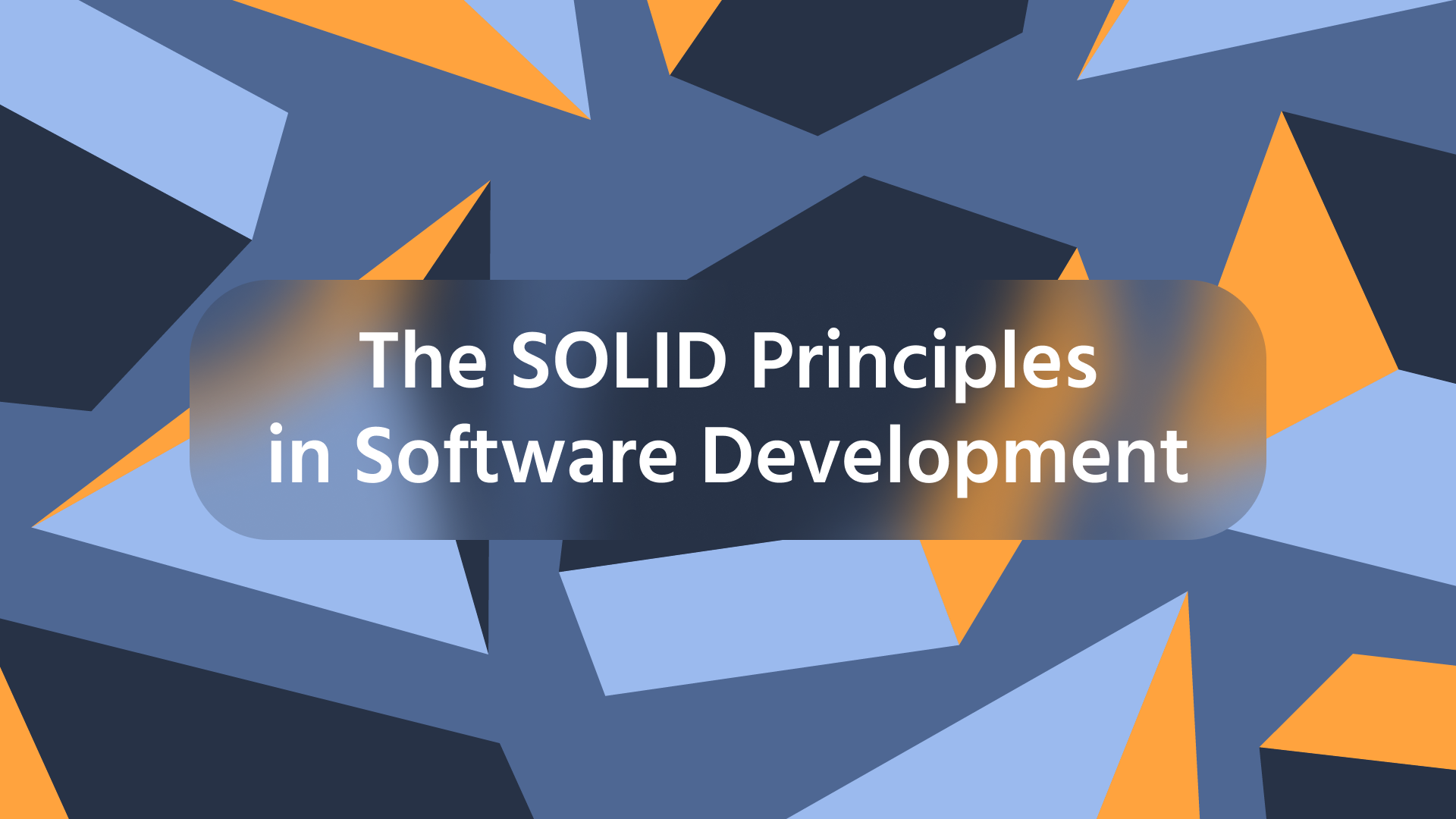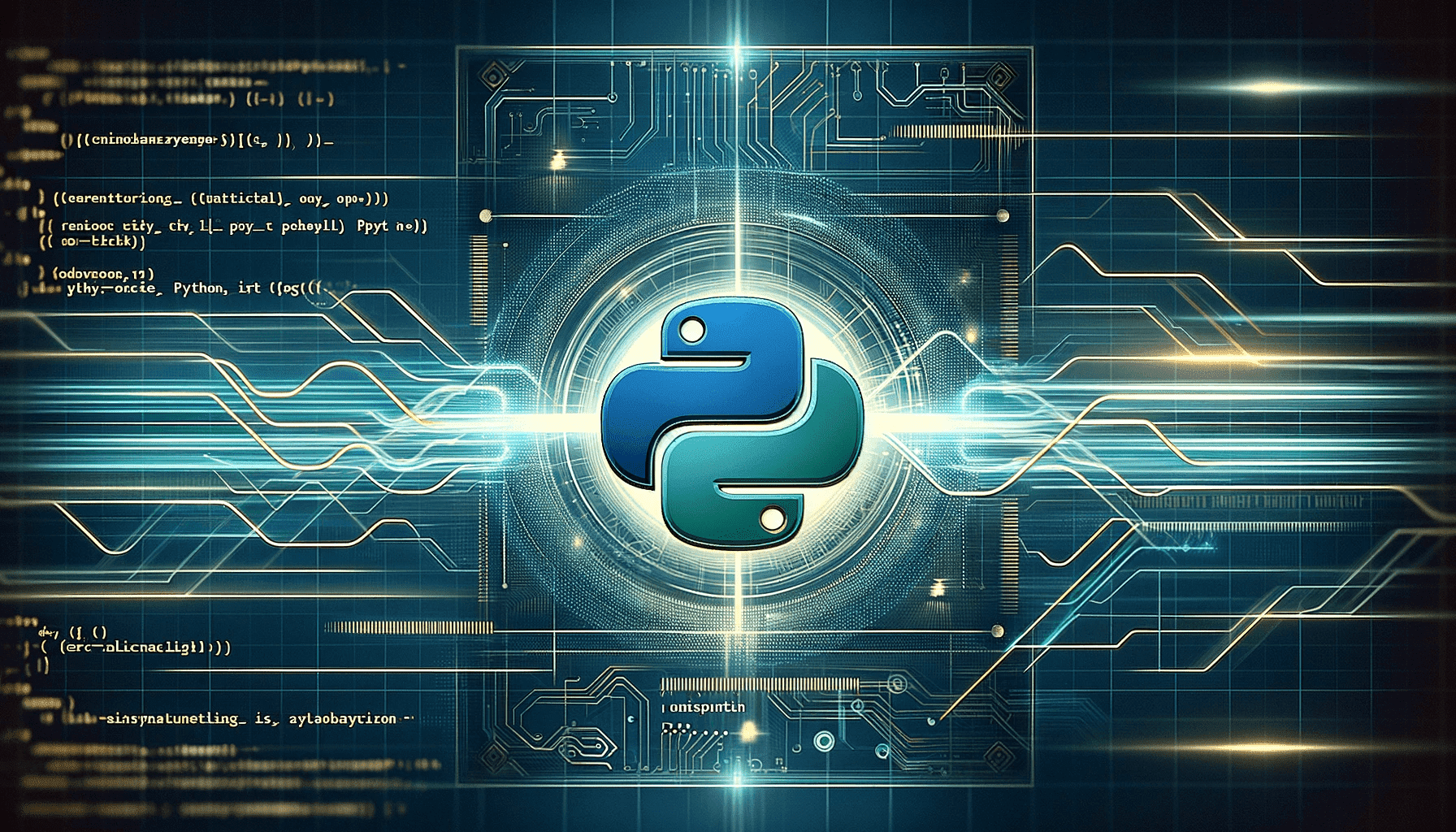Курси по темі
Всі курсиБазовий
C++ Introduction
Start your path to becoming a skilled developer by mastering the foundational principles of programming through C++. Whether you're starting from scratch or already have some coding experience, this course will provide you with the solid foundation needed to become a proficient developer and open the doors to a wide range of career opportunities in software development and engineering. Let's study C++!
Середній
C++ Pointers and References
Unlock the Power of Memory Manipulation. Dive deep into the fundamentals of programming with this comprehensive course designed for beginners and individuals seeking to strengthen their knowledge on pointers and references in C++. Mastering these essential concepts is crucial for unleashing the full potential of your programming skills.
References vs Pointers in C++
References and Pointers

Introduction
In C++, both references and pointers provide ways to indirectly access variables. While they may seem similar at first glance, they serve different purposes and have distinct behaviors. Understanding the differences between references and pointers is crucial for effective C++ programming, as it influences memory management, function parameter passing, and object manipulation.
What are Pointers?
Pointers are variables that store memory addresses of other variables. They are a fundamental aspect of C++, allowing for dynamic memory management and the manipulation of arrays, functions, and structures.
Key Characteristics of Pointers:
- Flexibility: Pointers can be reassigned to point to different variables or memory locations.
- Pointer Arithmetic: Supports operations like increment (
++) and decrement (--), enabling traversal through arrays. - Indirection: The dereference operator (
*) is used to access or modify the value at the memory address a pointer holds. - Nullability: Pointers can be null (
nullptrin C++11 and beyond), indicating they do not point to any memory location.
Example Usage:
int var = 10;
int* ptr = &var; // ptr holds the address of var
*ptr = 20; // Modifies var indirectly through ptr
Run Code from Your Browser - No Installation Required

What are References?
References in C++ act as an alias for another variable. Introduced to provide an alternative to pointers, references allow for cleaner syntax and safer code in certain scenarios.
Key Characteristics of References:
- Alias: A reference must be initialized upon declaration, creating a permanent association with the original variable.
- No Reassignment: Once established, a reference cannot be made to refer to a different variable.
- No Null Reference: References must always refer to an object or variable, avoiding the pitfalls of null pointers.
- Implicit Dereferencing: Unlike pointers, references do not require a dereference operator to access the value of the referenced variable.
Example Usage:
int var = 10;
int& ref = var; // ref is an alias for var
ref = 20; // Directly modifies var
Function Example
Here's a simple C++ example that demonstrates how both references and pointers can be used within a function to modify the value of variables passed to it. The example includes a function that increments the value of its parameters — one by using a pointer and the other by using a reference.
#include <iostream>
// Function to increment the value pointed to by a pointer
void incrementWithPointer(int* ptr) {
if (ptr) { // Check if the pointer is not null
(*ptr)++; // Dereference the pointer to increment the value it points to
}
}
// Function to increment the value referred to by a reference
void incrementWithReference(int& ref) {
ref++; // Directly increment the referenced value
}
int main() {
int a = 5;
int b = 10;
// Incrementing 'a' using a pointer
incrementWithPointer(&a);
// Incrementing 'b' using a reference
incrementWithReference(b);
std::cout << "Values after incrementation: \n";
std::cout << "a = " << a << " (incremented by pointer)\n";
std::cout << "b = " << b << " (incremented by reference)\n";
return 0;
}
In this example:
- The
incrementWithPointerfunction takes a pointer to anintas its parameter. It checks if the pointer is not null to avoid dereferencing a null pointer, then increments the value it points to. - The
incrementWithReferencefunction takes a reference to anintas its parameter and increments the value directly. There's no need to check for nullity with references since they must refer to a valid object. - In the
mainfunction,ais incremented using a pointer, andbis incremented using a reference. This demonstrates how the original values ofaandbare modified through the use of pointers and references within functions.
Comparing References and Pointers
Syntax and Ease of Use
- Pointers: Require explicit dereferencing and address-of operations, making the syntax more complex but also more flexible.
- References: Offer simpler syntax, as they behave like normal variables and do not require dereferencing.
Memory Address Operations
- Pointers: Can be manipulated through arithmetic and can explicitly handle memory addresses.
- References: Hide the complexity of memory addresses, providing no direct way for arithmetic or memory address manipulation.
Function Parameters
- Pointers: Useful for passing large structures or arrays to functions without copying, with explicit syntax indicating indirection.
- References: Commonly used to pass objects to functions more cleanly, especially when modification of the original object is required.
Safety and Nullability
- Pointers: Prone to errors like null dereference, dangling pointers, and memory leaks if not carefully managed.
- References: Safer in the context of avoiding null and dangling references but require careful design to avoid unintended modifications.
Start Learning Coding today and boost your Career Potential

Conclusion
In C++, both pointers and references have their place. Pointers offer powerful capabilities for dynamic memory management and low-level system programming, while references provide a safer and cleaner way to alias variables and pass parameters to functions. Understanding when to use each can significantly impact the clarity, safety, and efficiency of your C++ code.
FAQs
Q: Can a reference be reseated to refer to a different variable after its initialization?
A: No, once a reference is initialized to refer to a variable, it cannot be reseated to refer to a different variable. The reference will always alias the initially assigned variable.
Q: Is it possible to have a reference to a pointer and a pointer to a reference?
A: You can have a pointer to a pointer and a reference to a pointer, but not a pointer to a reference. References are not objects themselves; they are just aliases to existing objects, so they don't have a memory address that a pointer can hold. However, you can have a reference to a pointer, which is useful when you want to modify the pointer itself in a function.
Q: How can you return multiple values from a function using pointers and references?
A: You can return multiple values from a function by passing additional arguments as pointers or references. By modifying the values of these arguments inside the function, you can effectively return multiple results. This technique is commonly used when a function needs to output more than one piece of data.
Q: What happens if you try to dereference a null pointer?
A: Dereferencing a null pointer results in undefined behavior, which is a critical programming error. It can lead to crashes, memory corruption, or other unpredictable behavior. Always check if a pointer is null before dereferencing it.
Q: Are references more efficient than pointers?
A: References can be seen as more syntactically efficient than pointers because they provide a simpler and cleaner way to access variables without requiring explicit dereferencing. However, in terms of computational efficiency, references and pointers are generally equivalent. The compiler often implements references under the hood as pointers, so the performance difference between them is negligible.
Q: How do references and pointers behave differently when used as function parameters?
A: When used as function parameters, pointers need to be dereferenced explicitly to access or modify the value they point to, whereas references allow direct access to the variable they refer to, making the code cleaner and easier to read. Additionally, since references cannot be null, using them as function parameters can implicitly signal that the argument must not be null, enhancing code safety.
Курси по темі
Всі курсиБазовий
C++ Introduction
Start your path to becoming a skilled developer by mastering the foundational principles of programming through C++. Whether you're starting from scratch or already have some coding experience, this course will provide you with the solid foundation needed to become a proficient developer and open the doors to a wide range of career opportunities in software development and engineering. Let's study C++!
Середній
C++ Pointers and References
Unlock the Power of Memory Manipulation. Dive deep into the fundamentals of programming with this comprehensive course designed for beginners and individuals seeking to strengthen their knowledge on pointers and references in C++. Mastering these essential concepts is crucial for unleashing the full potential of your programming skills.
The SOLID Principles in Software Development
The SOLID Principles Overview
by Anastasiia Tsurkan
Backend Developer
Nov, 2023・8 min read

30 Python Project Ideas for Beginners
Python Project Ideas
by Anastasiia Tsurkan
Backend Developer
Sep, 2024・14 min read

Asynchronous Programming in Python
Brief Intro to Asynchronous Programming
by Ruslan Shudra
Data Scientist
Dec, 2023・5 min read

Зміст